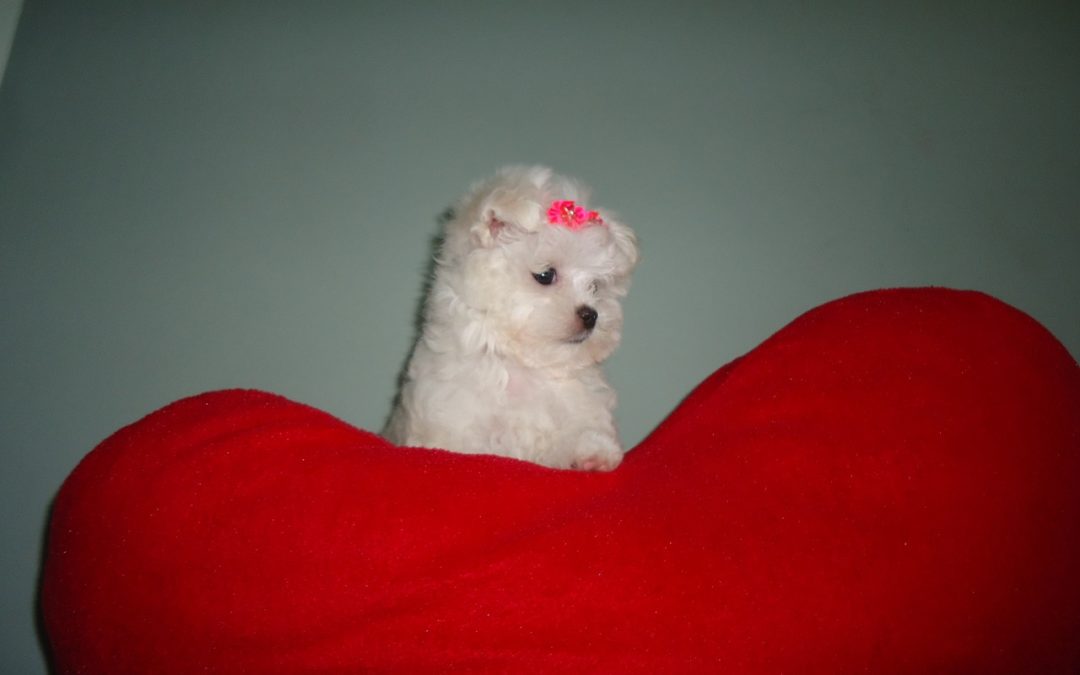Valentine’s Day is meant to spend with people (and animals) that you love, celebrating your relationship and strong bond. A day traditionally filled with chocolate, candies, and flowers will be sure to make the human in your life smile. However, these same items can cause serious health issues for your pet. Today, we’re going to help ensure that you have an emergency-free Valentine’s Day that your pet will appreciate – your pet will thank you for it!
- Chocolate. The toxic component of chocolate is theobromine. While humans can easily metabolize theobromine, dogs process it slowly, allowing it to build up to toxic levels in their system. If large amounts are ingested, your dog could suffer from seizures, muscle tremors, irregular heartbeat, internal bleeding, heart attack, and even death. Cooking and dark chocolate contain higher levels of theobromine than milk chocolate, keep a close eye on your ingredients if you’re cooking! If you give or receive chocolate on Valentine’s Day, please make sure that your pet doesn’t get to it.
- Sweet candies. Candy hearts that say “I Love You” and other fruity candies may be a great gift for someone in your life, but there’s a good chance some of that candy contains xylitol. Xylitol is usually found in items marked as “sugar-free.” If your dog ingests xylitol, it can cause acute liver necrosis, liver failure, lethargy, collapse, vomiting, tremoring, seizures, jaundice, black-tarry stool, and even coma or death.
- Fire. A romantic dinner would not be complete without candles, right? Humans know not to touch it, but do our pets? A flickering light and some extra heat seem exciting to our pets but can cause severe burns. If you do decide to go with candles for your special night, be sure to keep it out of your pet’s reach. Especially those pesky cats that can climb all over the house with ease!
- Flowers and plants. Lilies, tulips, and roses are all common flowers given on Valentine’s Day. While romantic and beautiful, it’s best to skip these flowers if you have a cat! It’s tough to keep anything away from cats in the house but if a plant is in reach, your cat will find a way to get to it and will likely chew it. If the plant is toxic to your pet, you will quickly notice irritation or inflammation, such as redness, swelling, or itchiness of the skin or mouth. Click here for a full list of poisonous plants to keep away from your cat.
The entire team at Beaches Animal Hospital wants you to have a beautiful and relaxing Valentine’s Day. As long as you think about your pet’s safety during the festivities, everything is going to be perfect! If you have any question about potential toxins for your pet, please do not hesitate to reach out to our staff. Happy Valentine’s Day!
Have questions? Need an appointment?
We're here to help! Click the button below to contact us now.
CONTACT US

